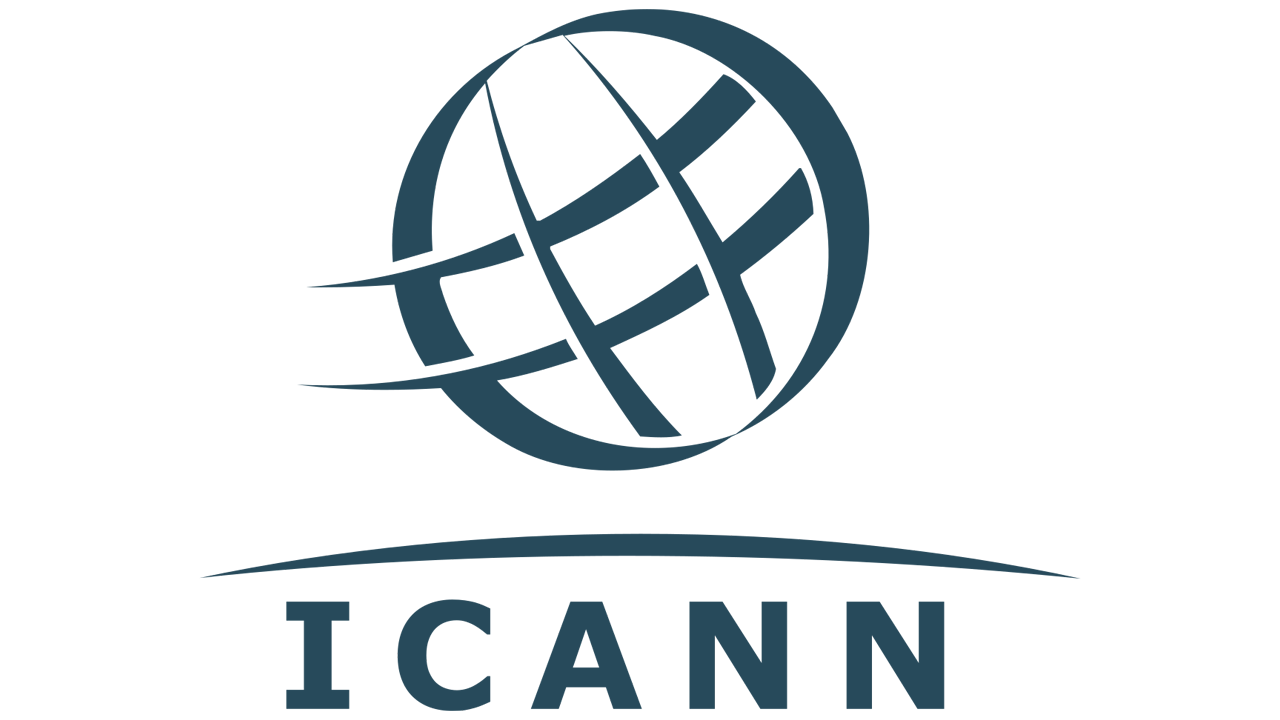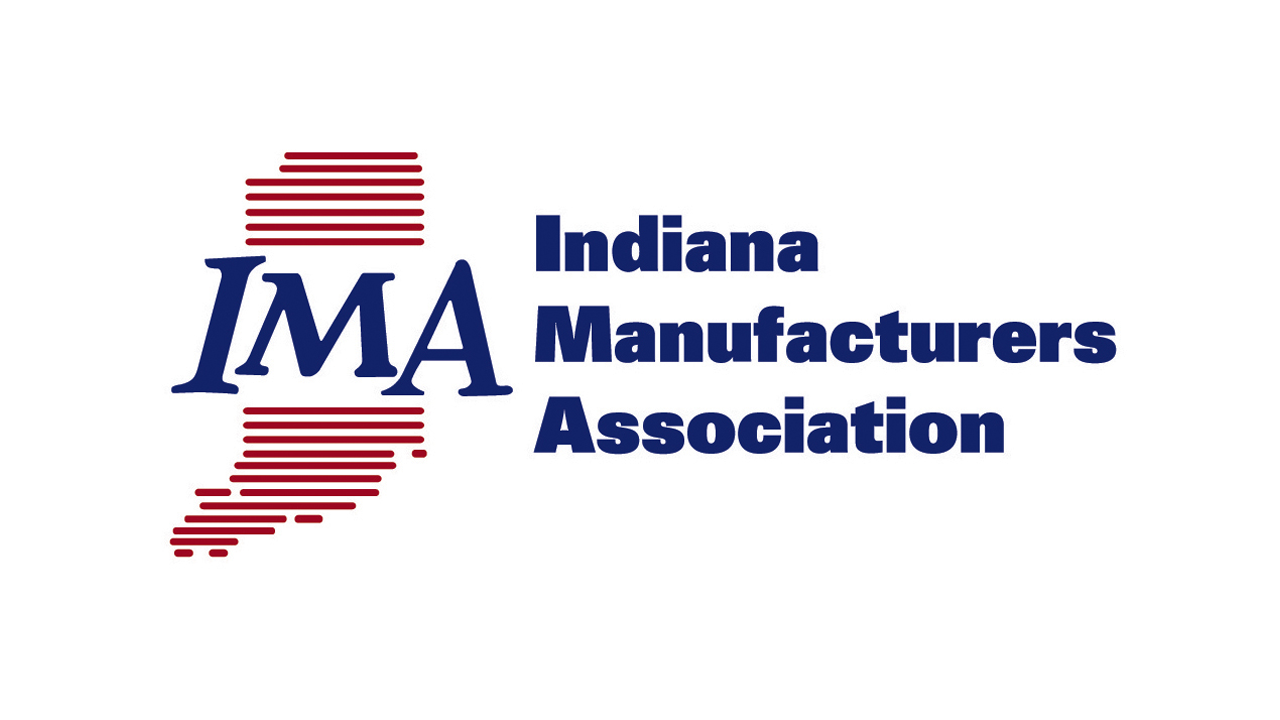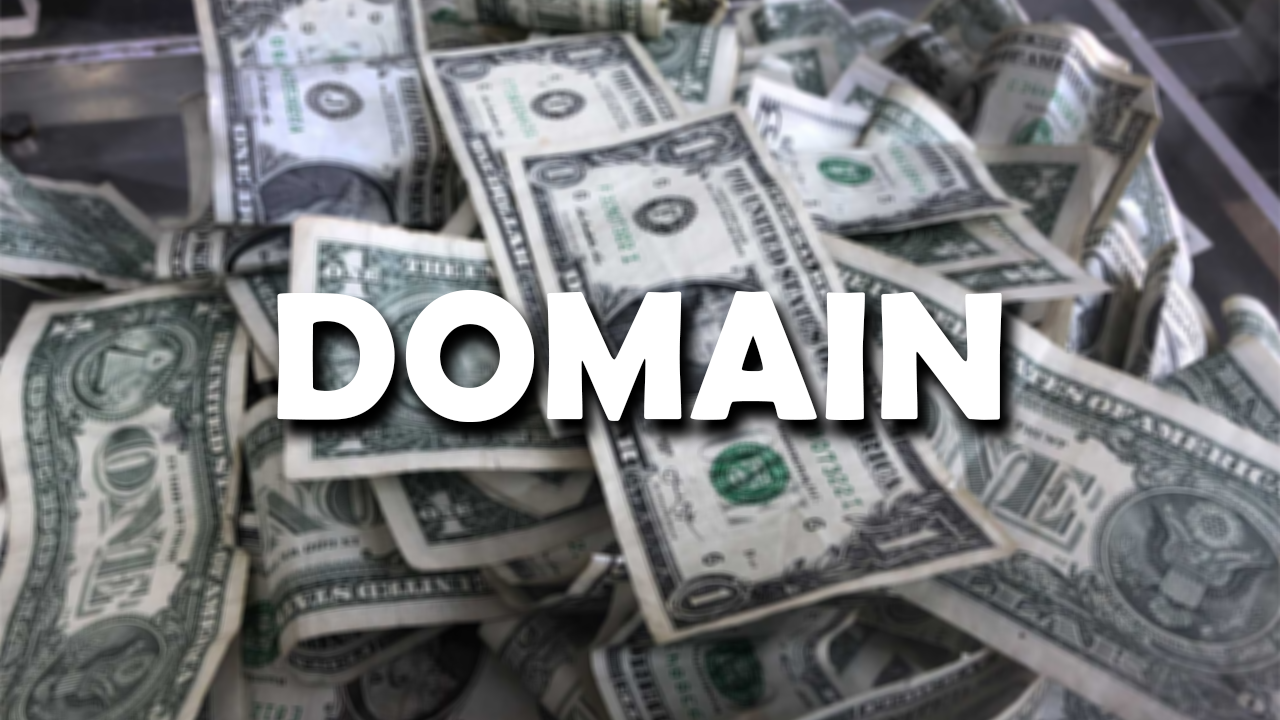ICANN’s Board of Directors was ready to decide on whether or not to approve the sale of Public Interest Registry (PIR), the non-profit registry overseeing the .org registry, to private equity company Ethos Capital. The decision was one of two the group planned to make at a special meeting last Friday.
But that changed last Thursday. California Attorney General Xavier Becerra sent a letter to ICANN saying, “ICANN must exercise its authority to withhold approval.”
ICANN abruptly canceled the agenda item scheduled for discussion the next day and agreed with Ethos and Public Interest Registry to extend the decision deadline to May 4.
Unlike other people opposed to the deal, the attorney general has teeth. His office oversees non-profits in California and started poking around ICANN in January. He sent a letter to ICANN that month raising questions and effectively delaying the deal several months.
Since then, ICANN, PIR and Ethos have been working to assuage Becerra’s concerns.
Becerra isn’t convinced yet.
The concern for ICANN is that, if it allows the transfer to happen without pleasing Becerra, then he will take action against ICANN that might extend beyond just this deal.
In his April 15 letter (pdf), Becerra pointed to ICANN’s articles of incorporation filed in California. Those articles state:””
“[ICANN] is not organized for the private gain of any person…recogni[zing] the fact that the Internet is an international network of networks, owned by no single nation, individual or organization” and as such, ICANN will “pursue the charitable and public purposes of lessening the burdens of government and promoting the global public interest in the operational stability of the Internet.”
“[ICANN] shall operate in a manner consistent with these Articles and its Bylaws for the benefit of the Internet community as a whole.”
Becerra argues that ICANN followed these principles when it chose Public Interest Registry to operate the .org registry in 2002 but is not following them if it approves the sale to a private equity investor.
Becerra argues that ICANN followed these principles when it chose Public Interest Registry to operate the .org registry in 2002 but is not following them if it approves the sale to a private equity investor.
This could open a can of worms. ICANN has made many decisions over the past two decades that are not to the benefit of the internet community as a whole. If ICANN goes forward without pleasing Becerra, will he begin looking at other actions it has taken? Will he put future decisions under a microscope?
For example, he stated a concern with the presumptive renewal clause in the .org contract:
“This automatic renewal provision leaves the nonprofit community that uses the .ORG registry with no protection. While the automatic renewal provision made some sense when the .ORG registry was operated by PIR and ISOC that had solid track records, it makes no sense to extend this provision to operators that have no experience operating a Registry.”
For its part, ICANN states:
“The Attorney General’s letter does not take into account the recent work that PIR has done to make the entity more responsible to the community. ICANN requested that PIR strengthen the Public Interest Commitments to ensure meaningful enforceability; a draft of the revised PICs has been provided to the ICANN Board.”
ICANN is following its oft-used playbook of getting a few concessions and then using these as justification for making a decision.
That playbook might not work this time.
Source: (https://domainnamewire.com/2020/04/21/icanns-attorney-general-problem/)























